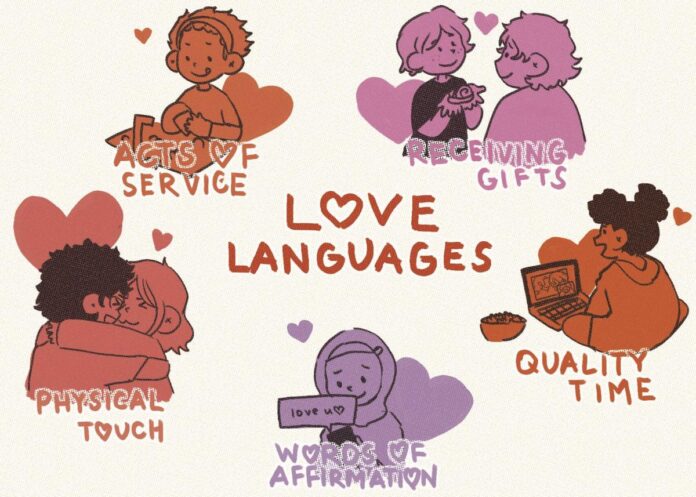Effective communication is the backbone of any strong relationship. But while we often talk about the importance of communication, we rarely discuss how to execute it within relationships. Understanding love languages and the art of listening can significantly enhance the communication between you and your partner. Here, we explore how relationship coach can help couples decode their love languages, improve listening skills, and ultimately build deeper connections.
The Five Love Languages Explained
Dr. Gary Chapman’s concept of love languages has revolutionized how we understand and express love in relationships. The five love languages are:
- Words of Affirmation – Verbal expressions of love and appreciation.
- Acts of Service – Doing helpful tasks for your partner.
- Receiving Gifts – Giving and receiving thoughtful gifts.
- Quality Time – Spending meaningful time together.
- Physical Touch – Expressing love through physical contact.
How to Identify Your Love Language and That of Your Partner
Identifying your love language and that of your partner is the first step toward improving your relationship. Reflect on what makes you feel most loved and appreciated. Is it when your partner says kind words, or when they take out the trash without being asked? Discuss these feelings with your partner to discover their love language too.
The Importance of Listening in Relationships
Listening is crucial for understanding your partner’s needs and love language. However, listening effectively can be challenging. Misunderstandings arise when we listen to respond rather than to understand. Active listening involves:
- Maintaining eye contact
- Nodding and giving verbal affirmations
- Reflecting on what your partner has said
- Asking clarifying questions
Relationship Coaching Tools and Strategies
Relationship coaches offer valuable tools and strategies to enhance communication. They help couples:
- Develop active listening skills.
- Understand and respect each other’s love languages.
- Create a safe space for honest conversations.
- Resolve conflicts without escalating arguments.
By working with a relationship coach, couples can learn techniques that foster mutual respect and understanding, making their relationship more resilient and fulfilling.
Conclusion
Communication is an ongoing journey, not a destination. Understanding love languages and mastering the art of listening can transform your relationship. Whether you’re just starting or have been together for years, relationship coaching can provide the guidance and tools needed to enhance your connection and communication.

